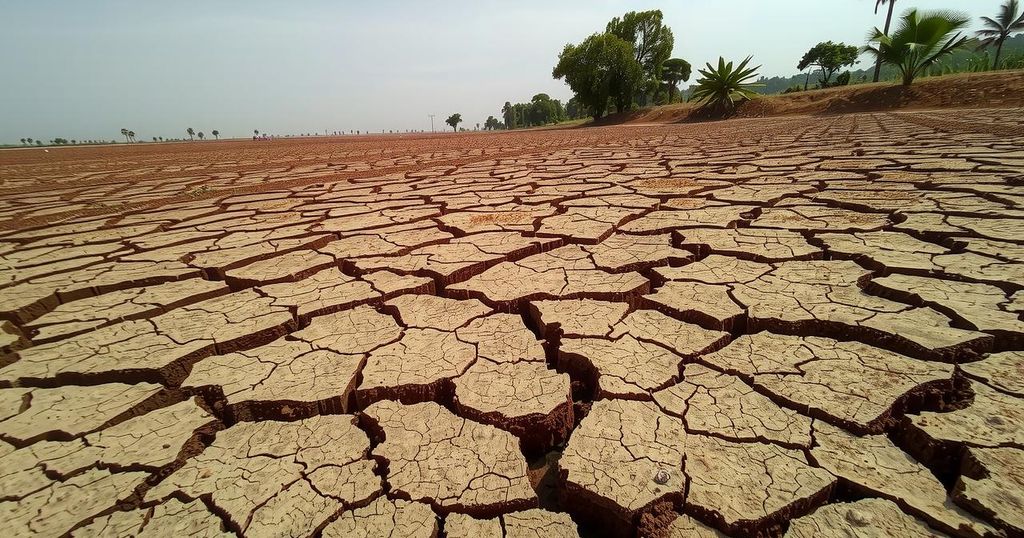Life Without Water: Poverty and Hunger in Honduras

- Families in the Dry Corridor face dire food shortages due to drought.
- The number of hungry people in Honduras surged from 2.2 million to nearly 8 million.
- María and Noé’s family lost their corn crops after investing their savings.
- The WFP has provided cash transfers to over 11,000 families in need.
- María was overjoyed to finally buy meat after months of scarcity.
Crisis in the Dry Corridor: A Hunger Epidemic Unfolds
The ongoing crisis in Honduras, particularly in the Dry Corridor, has turned dire, with families struggling to meet their basic food needs as a relentless heat wave destroys crops. This tropical region, which includes El Salvador, Guatemala, Honduras, and Nicaragua, has been significantly impacted over the last two years by extreme weather patterns alongside the fallout of COVID-19. The result of such calamities? The number of hungry individuals has increased dramatically, soaring from 2.2 million in 2018 to nearly 8 million in 2021, causing despair and hunger to sweep through affected communities.
Struggling Families Leave Homes in Search of Work
The alarming situation is compounded by an extended period of severe droughts, with five consecutive years resulting in parched landscapes reminiscent of the Sahel in West Africa. In 2019 alone, over 65,000 families reported crop failures in this area, prompting the Government of Honduras to declare a state of emergency in 74 communities affected by drought. One such family, that of María Electicia and her husband Noé, has been swept into this turmoil, forced to leave their home and children behind to earn money in a different region after losing their corn crop. Having invested their life savings into this harvest, the loss weighed heavily on them.
WFP Initiatives Provide Crucial Food Assistance
To aid families in dire need, the World Food Programme (WFP), in conjunction with the Government of Honduras and with support from Germany, has initiated cash transfer programs. They assist around 11,350 affected households in María’s community, providing them with a card that works like a debit card. This assistance allows them to buy essential goods including food, school supplies, and more. María expressed her relief and joy after a recent grocery trip, where for the first time in three months, her family was able to afford meat. Hope, however, is tempered as Noé anticipates the return of rain so that they may resume planting their crops, after the heartbreak of their previous harvest.
In summary, the ongoing crisis in Honduras highlights the profound impact of climate change and economic challenges on food security in the Dry Corridor. Families like María and Noé face staggering difficulties, but thanks to the World Food Programme’s innovative cash transfer initiatives, they are able to meet essential needs for food and school supplies. Moving forward, continuous support and sustainable solutions are vital to alleviate long-term hunger and help communities rebuild from this catastrophe.







